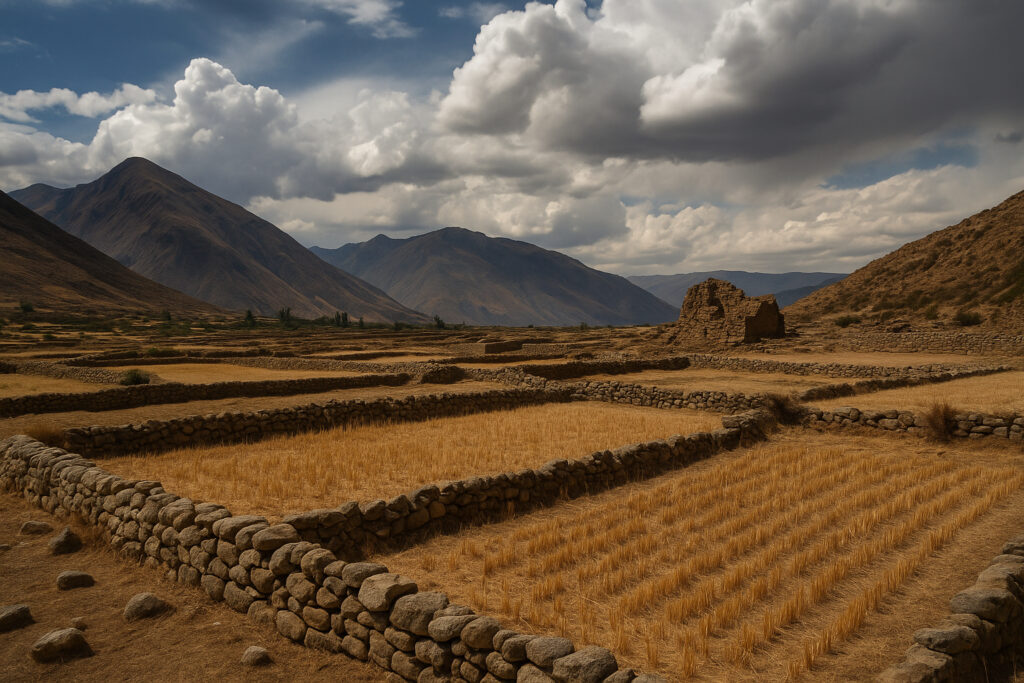Long before modern discussions about global warming, climate shifts were already shaping the course of human history. Ancient civilizations flourished or fell in response to natural changes in temperature, rainfall, and resources. From agricultural innovation to migration, these environmental transformations influenced how societies developed, adapted, and sometimes disappeared altogether.
Changing Climate, Changing Destinies
The earliest agricultural communities depended heavily on consistent rainfall and predictable seasons. When those patterns shifted, so did the balance of power. Droughts could devastate crops, while periods of abundant rain expanded farmlands and trade. Climatic stability often marked the rise of complex societies, whereas instability brought uncertainty and decline.
Agriculture: The Foundation Under Pressure
For early farmers, a small change in climate could mean the difference between abundance and famine. When monsoon patterns or river floods became erratic, populations moved or restructured their farming systems. Many ancient irrigation techniques and storage methods were born from necessity — early examples of human resilience in the face of environmental stress.
Migration and Adaptation
Climate change didn’t always destroy civilizations; sometimes, it reshaped them. Prolonged droughts, for instance, often led to migrations that spread technology and culture across regions. Communities that learned to adapt — by shifting crops, trading for scarce goods, or developing new water systems — often thrived where others faltered. Adaptation became both a survival strategy and a catalyst for progress.
Social and Political Impacts
Environmental shifts also altered leadership structures. Periods of scarcity demanded cooperation, resource management, and sometimes new governance models. When food and water became limited, societies built alliances, developed trade networks, or turned to centralized control to coordinate survival efforts. In many ways, climate pressures accelerated political organization and innovation.
Lessons from the Past
The history of ancient climate change offers valuable lessons for the present. Civilizations that survived weren’t necessarily the strongest but the most flexible. Their ability to innovate, conserve, and collaborate determined whether they endured or vanished. While today’s world faces climate challenges of its own, the same principles of adaptability and foresight remain essential.
Conclusion
Climate change has always been more than a scientific phenomenon — it’s a force that has shaped human destiny for millennia. Ancient civilizations rose and fell according to their relationship with nature. Their stories remind us of that resilience, creativity, and collective effort are humanity’s greatest tools for survival and progress.
